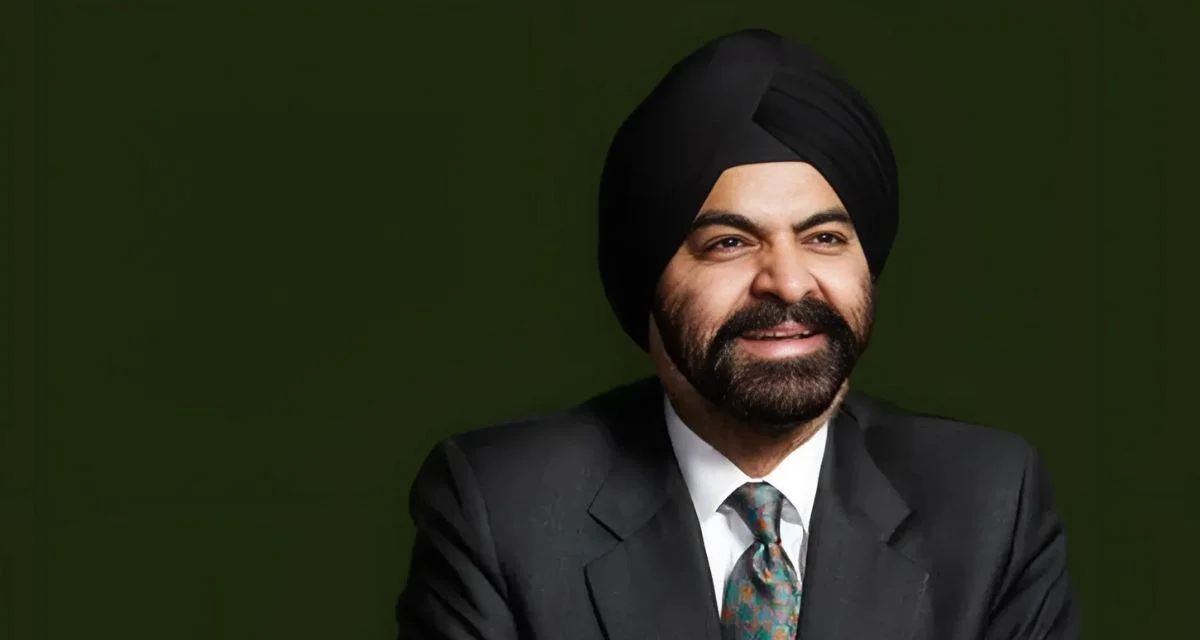At the Africa Climate Summit 2025, a ministerial dialogue focused on expanding energy access and building resilient infrastructure across the continent. Leaders emphasized that addressing Africa’s energy challenge requires not only increasing electricity supply but also ensuring its productive use to improve livelihoods and sustain communities.
During the event, participants highlighted that access to electricity should be seen as an investment in adaptation. In many African countries, more than two-thirds of post-harvest food is lost due to inadequate processing and preservation equipment. Electric pumps, modern food processing tools, and conservation technologies can help communities reduce losses, increase food supply, and diversify incomes. This approach aims to make them less vulnerable to climate-related disasters such as floods or droughts.
Energy access was described as critical for supporting communities during extreme weather events. Reliable power enables early warning systems, effective disaster response coordination, and helps people recover quickly after crises by allowing them to charge devices, receive information, and access government support.
A major initiative discussed was Mission 300—a joint effort by the World Bank and African Development Bank aiming to connect 300 million Africans to electricity by 2030. This platform invests in infrastructure for households, farms, small businesses, schools, and health facilities. By integrating off-grid renewable solutions such as mini-grids and standalone solar systems, Mission 300 seeks to enhance resilience of power systems while reaching underserved regions.
Distributed renewable energy (DRE) technologies were identified as essential for connecting remote or conflict-affected areas where eight out of ten people without electricity reside. DRE solutions are noted for their portability and quick deployment after extreme weather events. In Nigeria, the DARES project is set to provide over 17 million people with clean electricity through distributed renewables—replacing more than 250,000 diesel generators—and aims to strengthen long-term community resilience.
Other examples include Sierra Leone’s demand-led mini-grids supporting rural electrification tied directly to productive uses like milling or cold storage; Ethiopia’s pilot programs linking irrigation with distributed solar; and the Ethiopia Electrification Program (ELEAP), which has delivered over 1.6 million grid connections impacting more than eight million people along with thousands of public facilities.
The cost of inaction was also discussed: Extreme weather damages reportedly cost Sub-Saharan Africa’s power sector up to $1.5 billion annually. A World Bank study found that manufacturing firms experiencing frequent outages had significantly lower productivity compared to those with reliable power supplies. The IMF estimates Ethiopian manufacturing firms lose between four percent and ten percent productivity due to power disruptions.
Recurring droughts in Ethiopia, Tanzania, Zambia, and Kenya have put additional pressure on hydropower supplies while threatening agricultural productivity. West African countries face risks from both heatwaves straining electrical grids and flooding damaging infrastructure.
Leaders called for policy reforms that foster predictable demand for energy investments alongside innovative financing instruments such as blended finance or guarantees designed to unlock private capital at scale. Cross-sector coordination—especially among ministries responsible for agriculture, finance, health, and energy—was stressed as crucial for achieving broad development goals beyond just electrification.
“Electricity in Africa should not be measured only in megawatts produced,” one participant said during closing remarks; “but in meals preserved, jobs created, and lives saved.”
The dialogue concluded with calls for political willpower and integrated action across sectors so that Mission 300 can help deliver a resilient future for Africa.

